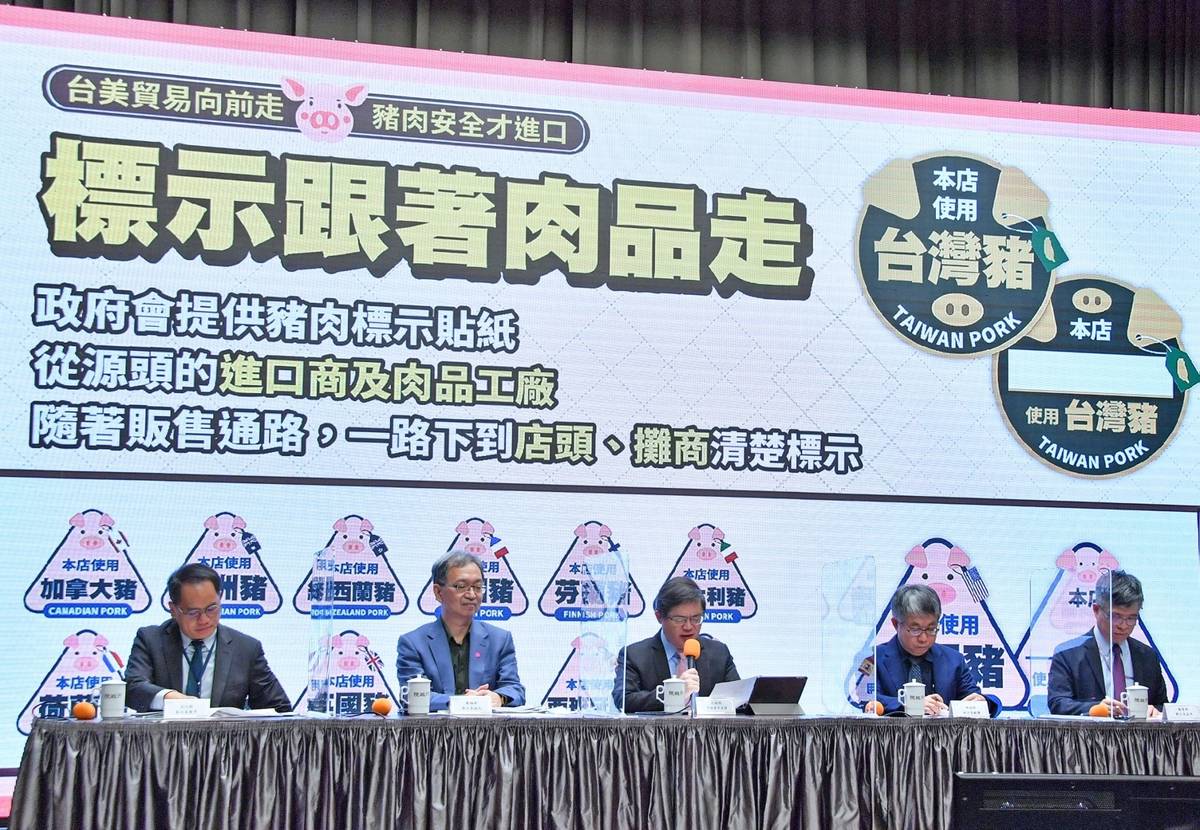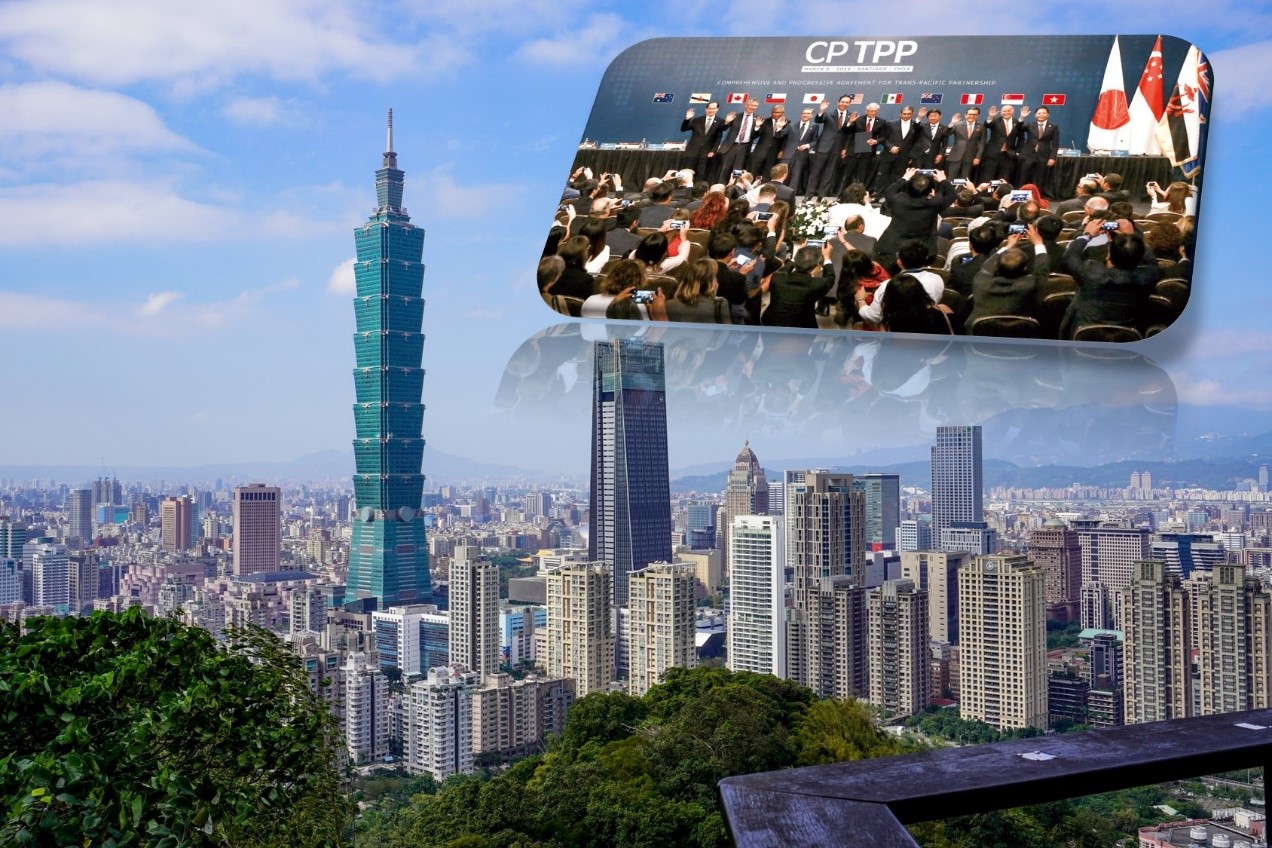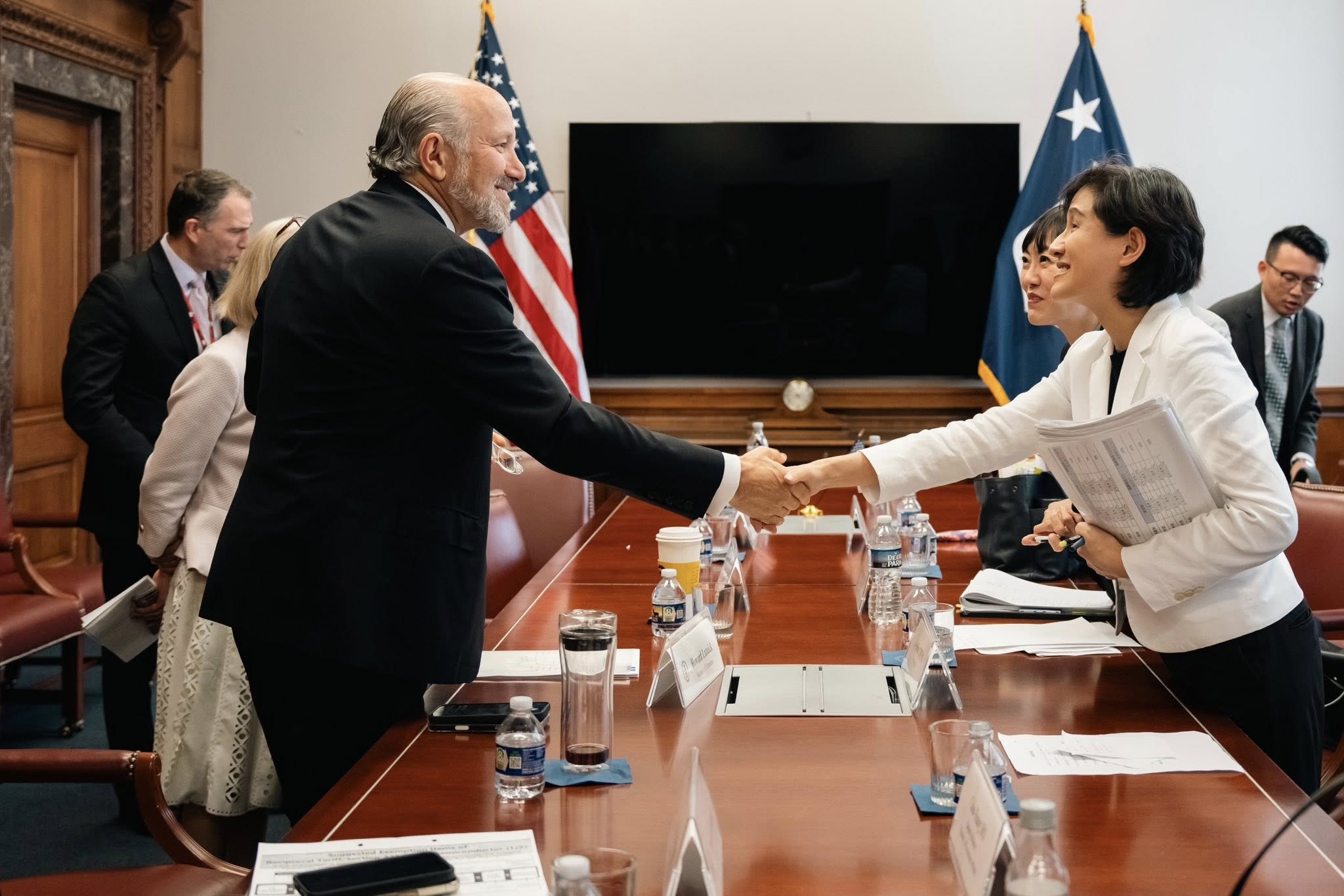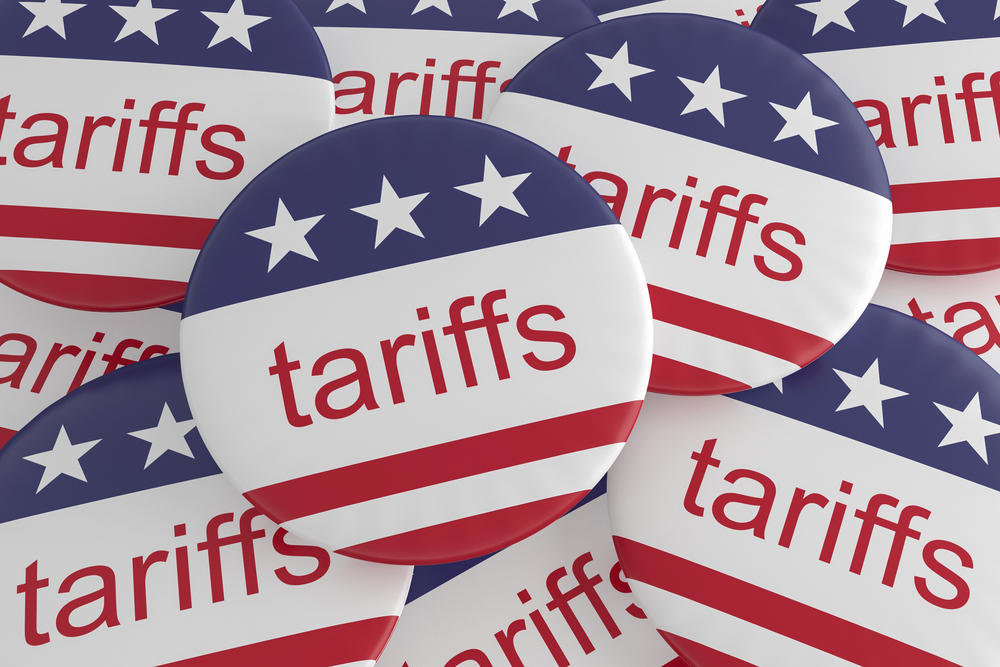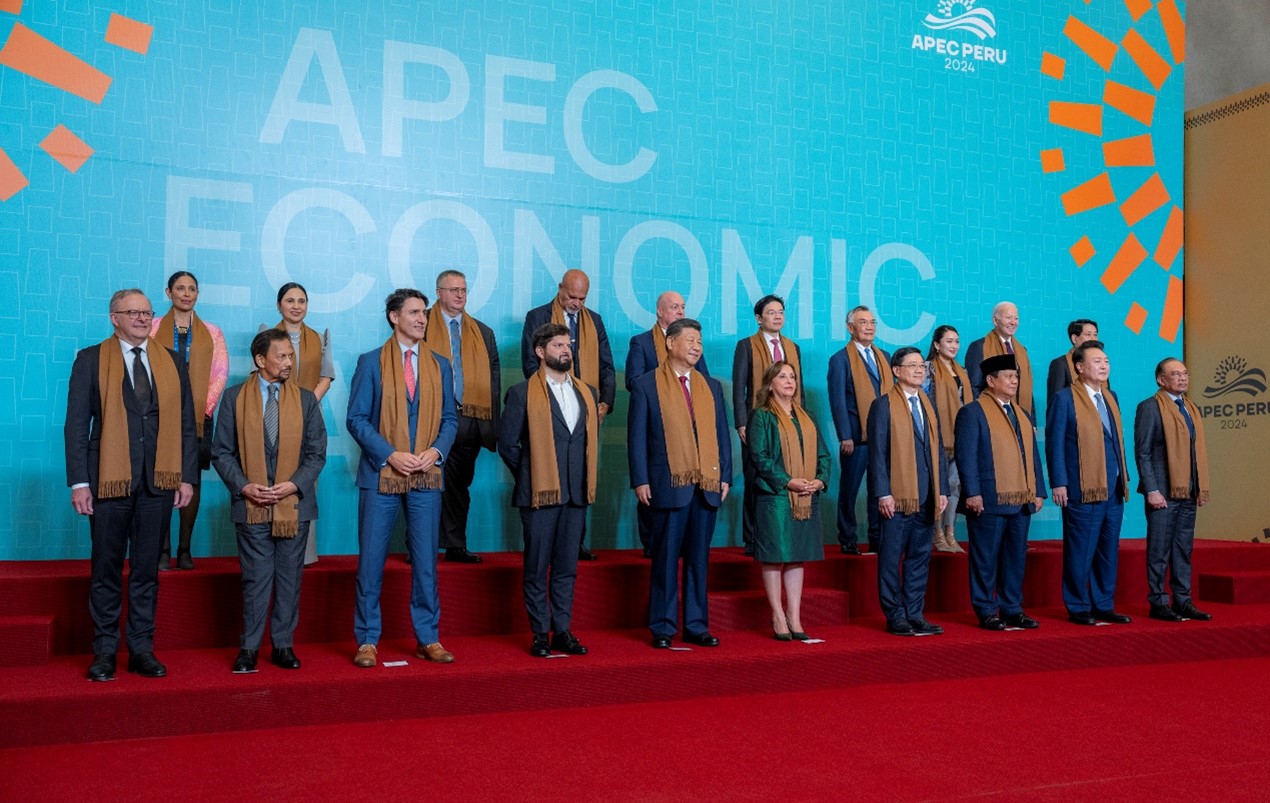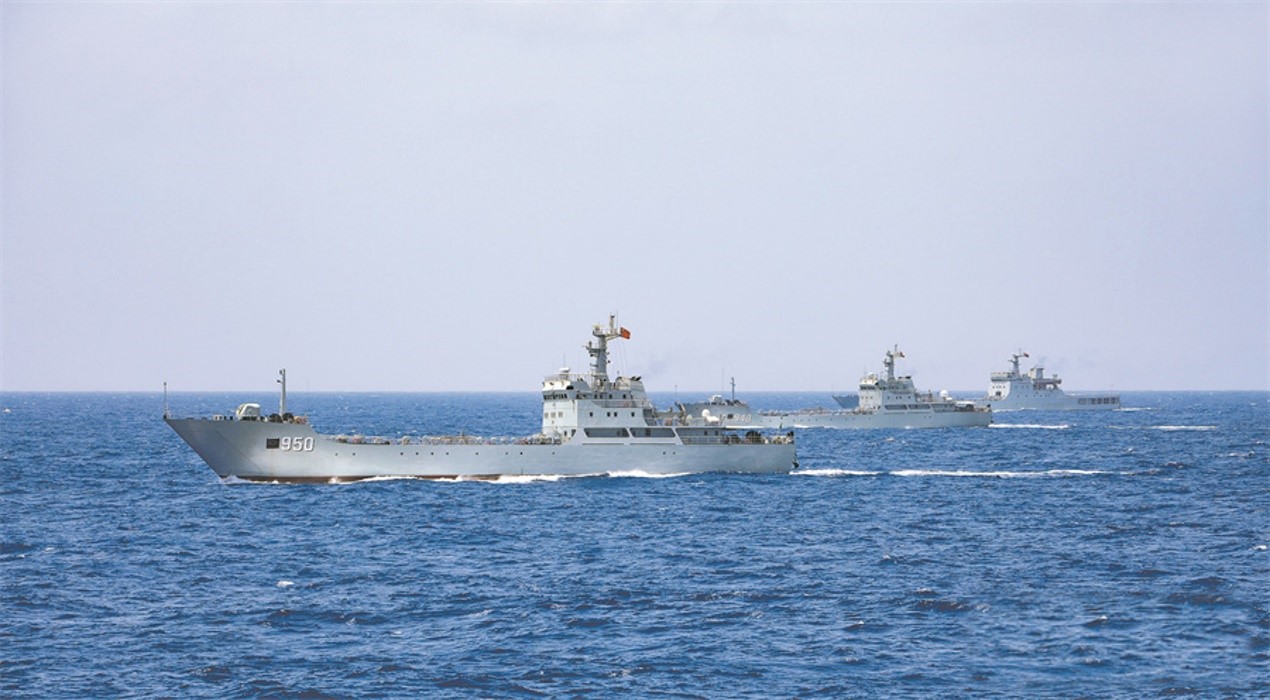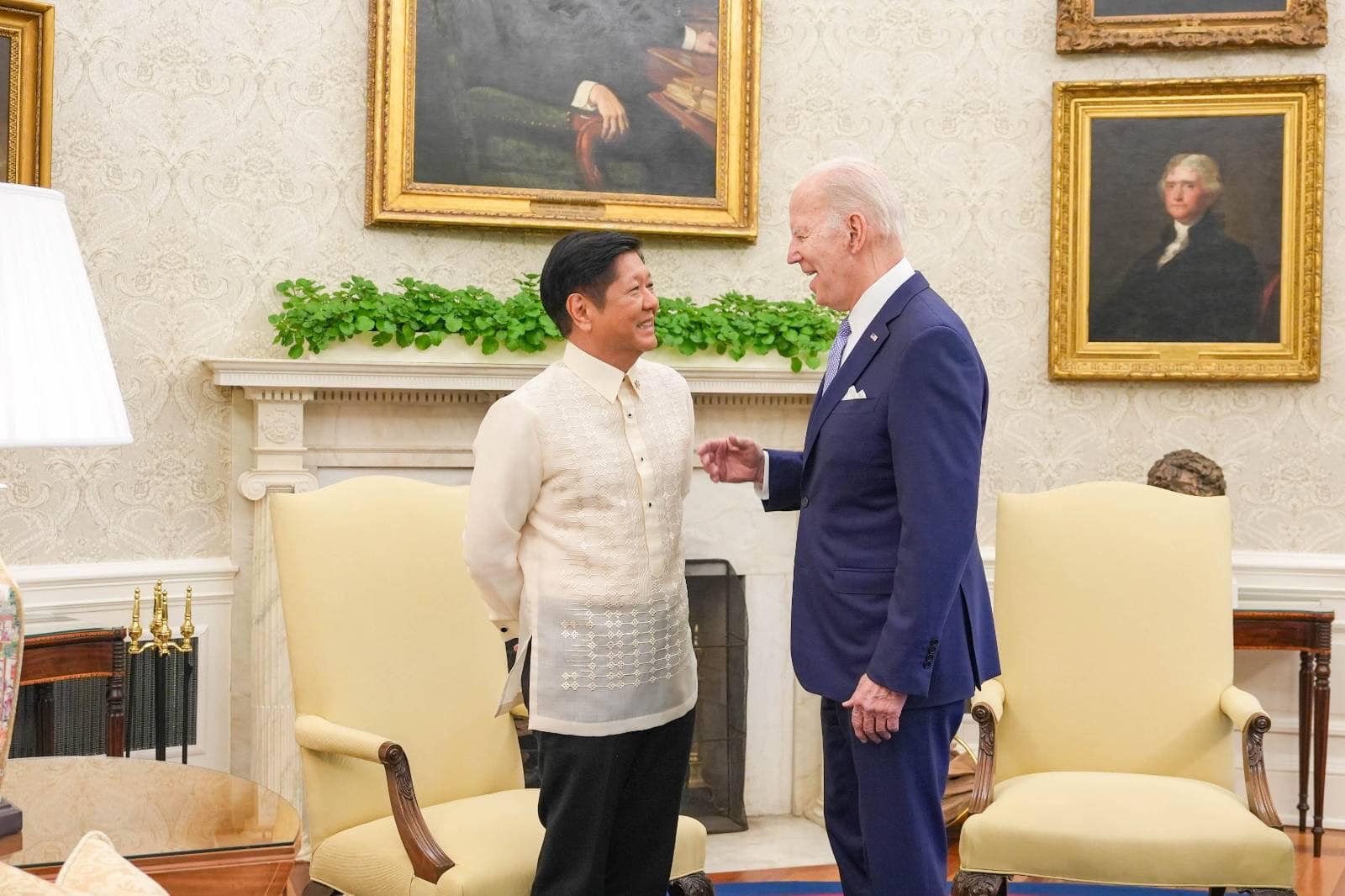The Implications of the Ractopamine Pork Referendum and the Prospects of Taiwan’s International Participation
The rejection of the ractopamine pork motion prevents the emergence of new uncertainties in the resolution of a critical trade dispute. It implies that the future of the Taiwan-U.S. economic partnership, which has been on an upward spiral in recent years, will be able to maintain its current momentum.
Picture source: 國立教育廣播電臺, November 26, 2020, 《國立教育廣播電臺》,
Prospects & Perspectives 2022 No. 2
The Implications of the Ractopamine Pork Referendum and the Prospects of Taiwan’s International Participation
By Roy C. Lee
January 10, 2022
Background
Taiwanese society made a critical decision on December 18, 2021, by vetoing four referendum motions. All except one motion, on the roll-back of regulations requiring zero residual of ractopamine in imported pork (hereinafter the ractopamine pork motion), involved a major domestic agenda on energy, natural conservation and reform of the referendum system. The ractopamine pork motion, however, dragged major trading partners, especially the U.S. and indirectly Japan, into Taiwan’s political battle. The veto of the ractopamine pork motion effectively brings to an end the longstanding trade dispute between Taiwan and the U.S., and creates new opportunities beyond refining the Taiwan-U.S. bilateral relationship.
The Maximum Residual Level (MRL) of ractopamine, a feed additive used mainly by the U.S. pork farming industry, has been at the center of food safety and political controversies in the past 15 years. The U.S. has constantly asked Taiwan to observe the obligations under the WTO Agreement on the Application of Sanitary and Phytosanitary Measures (the SPS Agreement), which require Members intending to regulate imports based on health concerns to follow international standards and restrictions must be underpinned by risk assessment based on science-based evidence. Pressure had been growing after the Codex Alimentarius Commission (Codex) formerly adopted the international standard for ractopamine MRL in 2012. Taiwan adopted the Codex standard for beef the same year after risk assessments that took into consideration Taiwanese dietary habits demonstrated no significant food safety risk; pork was curved out due to strong industrial and political oppositions.
The commitment of President Tsai Ing-wen in 2020 to add pork to the list of ractopamine MRL, also based on a second risk assessment undertaken in 2019, was in essence an effort to complete the unfinished business and to bring closure to the enduring dispute with the U.S. Supporting measures, including mandatory place of origin labeling and the prohibition of ractopamine additive for domestic pork farming, were also introduced. As the domestic pork supply is able to capture on average 90% of the market share (for the remaining 10% imported pork market share, U.S. pork ranked behind Canada, Spain and the Netherlands), these measure were taken with the view of further protecting the Taiwanese people and the industry against negative impacts.
Key Implications of the Outcome
As in any society, there are always people who refuse to believe in scientific evidence and prefer a “precautionary” approach to food safety issues. Unfortunately, food safety concerns were manipulated in the referendum for political objective, as the opposition party campaigned to use the ractopamine pork motion as a way to “teach the government a lesson.” Had the motion passed, not only would there have been likely unfavorable reactions from the U.S., but Taiwan’s ability to deliver on international commitments would also have been discredited. It is also unlikely that President Tsai would have been able to address the Japanese agriculture (from five specific prefectures) ban that was passed in 2018 based on similar arguments, which Japan has implicitly indicated as a pre-requisite for its support for Taiwan’s CPTPP application.
The significance of the public rejecting the ractopamine pork motion (ballots agreeing to the motion did not pass the threshold of exceeding 25% of the eligible electorate, and did not exceed the number of ballots against) has several implications. First, it indicates that the food safety issue is no longer a political taboo that cannot be discussed and debated. This provides a positive foundation for Taiwan to consider the removal of other food safety related restrictions that have led to complaints by trading partners as inconsistent with international rules. Second, it reflects Taiwan society’s willingness to find a balance between food safety and issues that will affect Taiwan’s long-term economic development. Third, it denotes a new paradigm in which politically motivated public policy motions without valid evidence will find it increasingly difficult to convince society.
New Opportunities beyond the Taiwan-US Relationship
On the Taiwan-U.S. relationship, the rejection of the ractopamine pork motion prevents the emergence of new uncertainties in the resolution of a critical trade dispute. It implies that the future of the Taiwan-U.S. economic partnership, which has been on an upward spiral in recent years, will be able to maintain its current momentum. Not only bilateral economic dialogue, including the Trade and Investment Framework Agreement (TIFA), the Economic Prosperity Partnership Dialogue and the implementation of the Science and Technology Agreement will continue to deliver intended outcomes, Taiwan has secured a better opportunity to participate in the new “Indo Pacific Economic Framework” agreement. According to the U.S., the undertaking will be initiated in the first half of 2022, with participation of like-minded countries in the Indo Pacific region.
Issues to be included in the Indo-Pacific Economic Framework Agreement, such as trade facilitation, supply chain resilience and standardization of digital trade, are all crucial elements in re-building the global economic order post-Covid-19. The benefits for Taiwan’s participation are likely to extend beyond the Agreement per se. This is because key members of the CPTPP, including Japan, Australia, Canada, Vietnam and Mexico, are equally likely to join the Indo-Pacific Economic Framework Agreement, and this provides an alternative platform for Taiwan to initiate dialogue and consultations with CPTPP members.
Finally, the rejection also provides confidence in President Tsai and her administration in their ability to move closer to finding a resolution (i.e. providing equal treatment to the five prefectures currently banned) to the Japan agriculture ban dispute. On food safety, this should be a relatively easier assignment, since majority countries worldwide have since removed contingent measures introduced in 2011, and this provides a rich body of scientific data for Taiwan to revisit the current restrictions. On international participation and economic development, the rejection also demonstrates that the Taiwanese public is ready for discussions on a balanced approach. That said, ex ante public communication, consultations and the design of supporting measures (e.g. labeling and elevated inspections) remain critical and necessary. While it is true that the elimination of the discriminatory treatment against the five Japanese prefectures does not guarantee CPTPP accession, it nonetheless creates a favorable condition for Taiwan that is greatly needed in light of China’s application for membership.
(Dr. Lee is Deputy Executive Director, Taiwan WTO & RTA Center, Chung-Hua Institution for Economic Research (CIER).)


